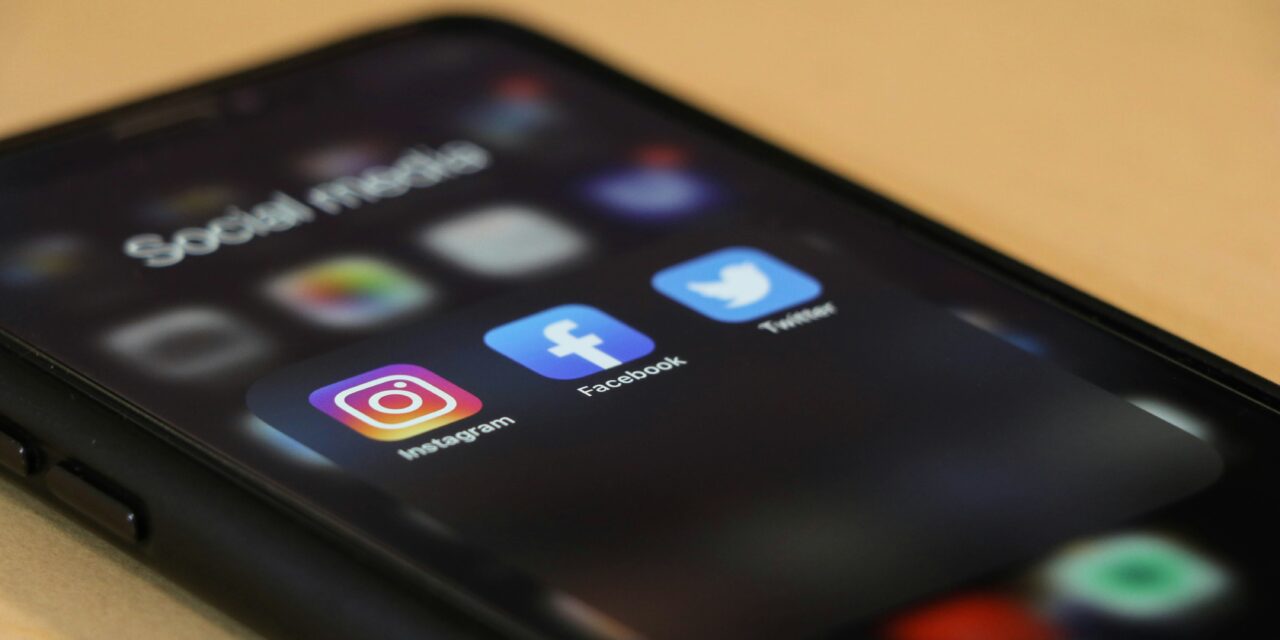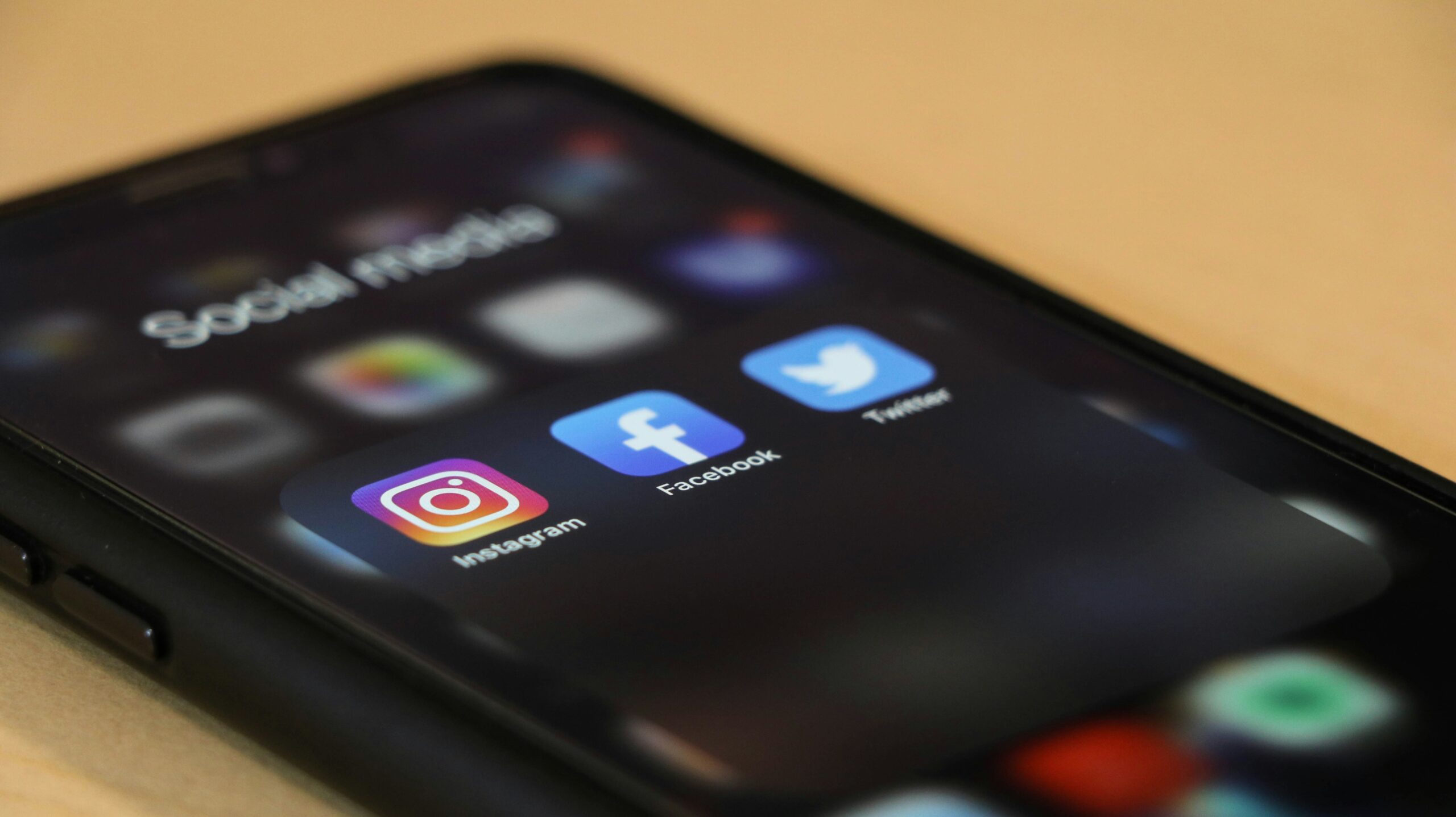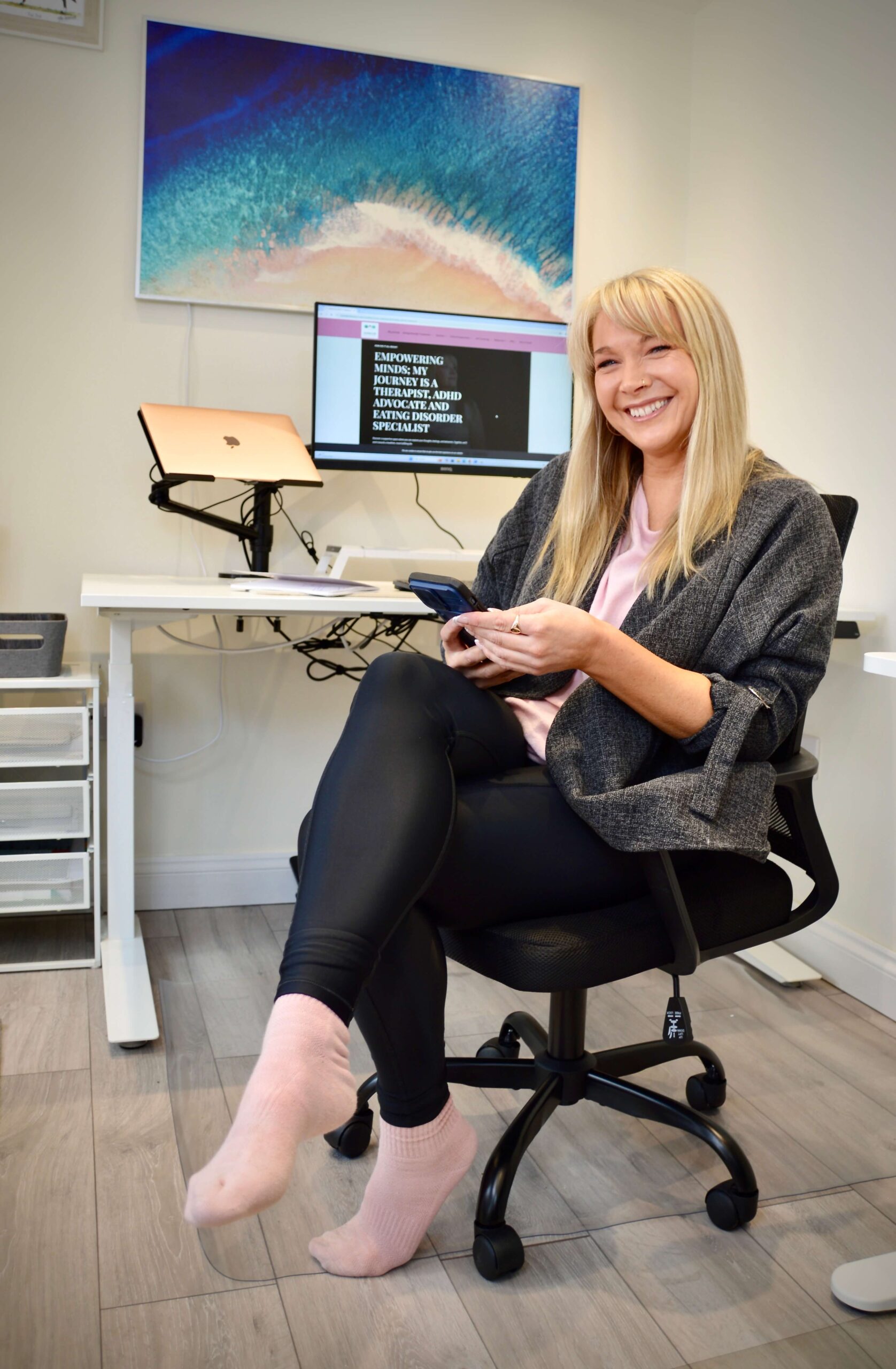Discover Your Path to Healing
From Pack Animals to Perfect Bodies: The Evolution of Body Image and Why We Feel So Anxious About Ourselves
Welcome to a space where recovery is redefined. Embrace a journey that prioritizes emotional well-being over societal pressures.
Unpacking the Influence of Marketing
What’s True
For most of human history, our confidence didn’t come from mirrors.
It came from a connection.
Mammals, including humans, have always relied on safety in numbers. For millions of years, we survived because we belonged to a pack. Each member trusted the others to protect, nurture, and respond to danger together. That sense of belonging is what built our self-worth.
Fast-forward to modern life, and that same wiring now lives in an individualistic, screen-based world. We no longer find safety in tribes; we seek validation through likes, comments, and comparison.
This shift has fundamentally rewired how we build confidence.
Instead of finding empowerment through trust and connection, we now find it through competition and comparison.
When relationships are shallow or inconsistent, the brain looks elsewhere for a sense of worth. And in today’s culture, the loudest message is clear: your body equals your value.
But body ideals haven’t always looked the same. They’ve evolved alongside what society rewards.
Building Trust Through Connection
The Power of Safe Relationships in Therapy
Embrace Holistic Health
The Story of Body Image Through Time
If we look back, every era tells us what was aspirational at the time:
-
The Renaissance (1400s–1600s): Fuller bodies symbolised health and fertility. Art celebrated softness and abundance because it represented survival and prosperity.
-
The 1950s: Post-war women were admired for curves and strength, the hourglass figure was a celebration of food security after years of rationing.
-
The 1980s: Fitness and control became fashionable. Muscle tone and discipline replaced softness as symbols of success.
-
The 1990s: “Heroin chic” emerged, thin, pale, exhausted bodies glorified fragility and emptiness.
-
Today: Social media tells us to be everything at once: slim but strong, natural but flawless, confident but always improving.
Each generation shifts the goalposts, but the message stays the same: you’re not enough yet.
What’s changed most dramatically isn’t our shape, it’s our exposure.
Before the internet, we compared ourselves to a handful of people in our community. Now, we’re measuring ourselves against the most “aspirational” faces on the planet, filtered and photoshopped beyond recognition.
Our ancient brain wasn’t built for this.
The same instinct that once helped us survive as part of a tribe now traps us in an endless cycle of comparison and inadequacy.
Create a Supportive Digital Space
Curating a Positive Online Community
Pause and Ground
Understanding Why It Hurts
Social media platforms are now some of the most powerful psychological machines ever built.
They profit from your attention, and they’ve learned to trigger the same dopamine loops that drive both addiction and eating disorders.
When you pause on an image, a model, a workout video, a “what I eat in a day” post, that micro-reaction tells the algorithm, this gets a hit of dopamine. Your feed then adjusts to show you more of what keeps you scrolling.
Former tech insiders have confirmed that beauty brands can even detect when a user takes and deletes a selfie, marking that moment as emotional vulnerability and triggering “confidence” ads. It’s not just advertising. It’s emotional grooming.
For those living with ADHD or trauma, this is particularly harmful.
The ADHD brain is dopamine-driven, wired for stimulation and quick fixes. The same impulsivity that drives creativity can also fuel impulsive comparison, spending, or control around food and exercise.
It’s not a weakness. It’s neurology.
And the system profits from it.
How to Heal and Rebuild Body Trust
If you’ve ever caught yourself thinking, “I know this isn’t real, but it still gets to me,” that’s exactly how the system works.
You can’t switch off your mammal brain, but you can begin to retrain it.
Here’s how:
Name the System
When that critical voice kicks in, ask ➜ Who benefits from me feeling this way?
Understanding the psychology of marketing turns shame into insight.
Rebuild Emotional Safety
Confidence isn’t built in isolation. It’s learned through safe, consistent relationships.
Therapy offers a space to re-experience that safety, to unlearn the belief that you must compete to be worthy.
Curate Your Digital Village
Unfollow accounts that fuel self-comparison. Fill your feed with people who normalise diversity, imperfection, and humour.
Your nervous system can’t tell the difference between a digital threat and a real threat, so curate calm.
Learn to Regulate Before You React
When you feel the urge to “fix” something, pause. Breathe. Move.
Grounding before thinking allows your logical brain to come back online.
Therapy that honours both the nervous system and the story is what helps recovery stick.
That’s where trauma-informed and neurodivergent-affirming therapy comes in; it’s not about changing who you are, but helping your body feel safe being you.
"In a world driven by comparison, the rise of eating disorders is a call to reconnect with our inherent need for belonging. True healing begins when we choose connection over competition."

Becky Stone
Therapist Voice — Why This Matters Now
The rise in eating disorders isn’t just about food; it’s about belonging.
We’re living in a culture where connection has been replaced by comparison, and where our ancient survival instincts are being monetised.
But we can change the story.
Every time you choose connection over perfection, a walk with a friend, a therapy session, a meal shared without guilt, you’re restoring something your nervous system has been missing for generations.
That’s recovery.
That’s resistance
Reclaim Your Body Confidence Today
Take the first step towards a healthier relationship with your body. Our trauma-informed therapy offers a safe space to explore your journey to recovery. Whether you’re seeking support for yourself or a loved one, we’re here to help you navigate the path to confidence and self-acceptance.
Meet Becky Stone
I’m Becky Stone, a qualified eating disorder therapist based in Canterbury. I work with both teens and adults, offering a calm, non-judgemental space to explore what recovery really means, on your terms.
My work is shaped by both professional training and lived experience, specialising in supporting neurodivergent individuals (including ADHD and autism) through a trauma-informed, compassionate approach.
It’s not about perfection, it’s about rebuilding a safe relationship with food, with your body, and with who you are.
Stay Connected with Weekly Insights
Join our community to receive weekly insights that support your journey to recovery and self-worth. Our newsletter offers honest, trauma-informed perspectives that aim to uplift and empower you. By signing up, you’ll gain access to valuable resources and encouragement, helping you feel supported every step of the way.
Don’t miss out on the opportunity to connect with a network that prioritizes your well-being. Subscribe now to receive thoughtful content directly to your inbox, designed to inspire and guide you on your path to healing. Together, let’s embrace a journey of growth and self-discovery.






